纽柯钢铁公司
纽柯钢铁公司(Nucor Corporation)——美国第二大的钢铁生产商
纽柯钢铁公司网址:http://www.nucor.com/
纽柯钢铁公司简介
纽柯钢铁公司总部设在美国北卡罗来纳州夏洛特市,主要制造和销售钢铁制品。产品包括普碳钢、紧固件、合金钢、不锈钢等。同时公司在美国17个州设有钢材生产地。
Nucor Corporation (NYSE: NUE) is one of the largest steel producers in the United States, and the largest of the "mini-mill" operators (those using electric arc furnaces to melt scrap steel, as opposed to companies operating integrated steel works with blast furnaces). Nucor claims to be North America's largest recycler of any material, recycling one ton of steel every two seconds. 纽柯钢铁公司是美国最大的钢铁制造商之一,同时也是最大的小型钢铁厂运营商(使用电弧炉熔化废钢而不是使用高炉进行综合性钢铁作业)。纽柯公司声称是北美最大的材料回收商,平均每两秒回收一吨钢材。
History
1954年,纽柯钢铁公司的前身是一个叫做Reo Mtors的毫不起眼的小钢厂,不久又改名为“美国核子公司”(Nuclear Corp of America),接着定名为“纽柯(Nucor Steel)”。纽柯公司从1972年开始经营钢铁制造业。钢铁行业本来是一个高度资金密集型、技术密集型的行业,进入门槛很高,一般企业很难闯入,但小公司美国纽柯钢铁公司改写了历史,它成为打破美国钢铁行业竞争规则的一匹黑马。纽柯公司没有建立一体化的炼铁厂、轧钢厂,它采用回收废钢铁的方式,专注于炼钢,仅十几年的时间,纽柯公司赢得了巨大成功。在2003年度它在500强中排名第297,自上榜25 年以来,它一直盈利丰厚。33 年来,年产钢规模从13 8 万吨达到1900 万吨,规模扩大了138 倍;年销售收入从8358 万美元上升到2004年的113 8亿美元,是1972年的136 倍;年净利润从467万美元上升到2004年的11 22亿美元,是1972年的240倍。目前,纽柯钢铁公司是美国最大的钢铁企业,2004年年产钢超1900万吨,已进入世界500强,利润跃居全美钢铁业第一,在技术上还领导了世界钢铁生产的新潮流,获得了美国总统授予的美国最高技术成就荣誉奖章——国家技术勋章。
Nucor's history consists of three distinct eras: the Reo Motor Car era, the Nuclear Corporation of America era, and the current Nucor era.
The REO Era
Nucor's origins are with auto manufacturer Ransom E. Olds, who founded Olds Motor Vehicle Company in 1897 (later, as Oldsmobile, to become a part of General Motors). Having left his company years before it was acquired by GM, in 1905 Olds established a new company, REO Motor Car Company, the predecessor to Nucor, in Lansing, Michigan. Though Olds' cars, including the luxurious REO Flying Cloud, were popular, they were not profitable, and the company's more successful truck business (featuring the famous REO Speed Wagon) was still not sufficiently profitable to avoid a bankruptcy filing in 1938.
As part of the bankruptcy reorganization, REO exited the car business to concentrate on trucks, and after World War II, attempted to diversify into lawn mowers. The reorganized company continued to underperform, and finally in December 1954, REO sold off its entire manufacturing operations to Bohn Aluminum and Brass Company (suffering a $3 million loss on the sale).
The Nuclear Corporation Era
After the sale, REO was left with $16 million in cash on hand and no trading businesses. The company initiated liquidation proceedings, with the goal of selling its few remaining assets and distributing the cash to creditors and shareholders.
However, a group of dissident shareholders noticed the tax loss and successfully challenged the liquidation in a proxy fight in September 1955. In what amounted to a "reverse hostile takeover", activist shareholders forced REO to take over a tiny nuclear services company called Nuclear Consultants, Inc.
Following the purchase, REO Motor Company emerged as "Nuclear Corporation of America Inc.", and relocated to offices in the Empire State Building in New York City. Nuclear's attempt to recast itself as a nuclear industry services company was ultimately no more successful than REO had been.
Nuclear then followed the example of other companies in the 1950s and 60s and attempted to become a conglomerate, once again moving its headquarters, this time to Phoenix, Arizona. During this time it would purchase, among others, Vulcraft Corporation, a steel joist manufacturer located in Florence, South Carolina. Vulcraft had been founded by Sanborn Chase (no relation to the coffee company), who died at an early age, leaving the company to his widow. Nuclear purchased Vulcraft from Chase's widow in 1962 and, in a sign of things yet to come, hired F. Kenneth Iverson as general manager.
But Nuclear the conglomerate fared no better than Nuclear the nuclear services company or REO the car/truck/lawn mower manufacturer, and in March 1965 filed for bankruptcy for the second time in 27 years. The Board of Directors fired Nuclear's President (and, in the process, had to return his private jet to him), but for two months could not find a replacement, as nobody wanted to head a corporation that was most likely going to go out of business. Finally, Samuel Siegel, an accountant with Nuclear (and friend of Iverson) who had actively been looking to leave the company, informed the Board of Directors he would remain with the company under two conditions: Iverson would become President and he (Siegel) would become Chief Financial Officer, conditions the Board quickly accepted.
The Nucor Era
Iverson and Siegel quickly reorganized Nuclear around its only profitable business, Vulcraft. All other Nuclear businesses were either sold or liquidated. The company moved its headquarters yet again, this time to Charlotte, North Carolina in 1966, to be closer to its main Vulcraft plant.
Unable to get favorable prices from American steel manufacturers, and unhappy with the imported steel available at the time, Iverson (a metallurgist by training) decided to integrate Nuclear backwards into steel making by building its first steel bar mill in Darlington, South Carolina in 1968. The company chose to purchase an electric arc furnace, which was far cheaper than the traditional steel blast furnace, courtesy of a US $6,000,000 bank loan from Wachovia. Although the early days were tough (once the American steel manufacturers learned Nuclear was operating its own mill, they cancelled their contracts), Nuclear was finally able to obtain the financial success that had eluded the company from its beginning.
In 1972 the company (recognizing that there was nothing "nuclear" about making steel or steel products) adopted its current name. Since that time, Nucor has expanded into other steel products, gained some control of its raw material supply and greatly expanded its market presence. In the 1990s, Nucor absorbed Birmingham Steel, including the successful Mississippi Steel plant and its own Birmingham, Alabama operations.
In September 2000, Dan DiMicco was appointed as the Chief Executive Officer by Nucor's Board of Directors. Under his leadership, Nucor has acquired compatible existing steel manufacturing facilities with similar operating philosophies.
In 2008, Nucor operates 53 facilities throughout the United States and one plant in Point Lisas, Trinidad. The company also has other operations through wholly owned subsidiaries, Harris Steel and the David J. Joseph Company (DJJ).
Recent Nucor Acquisitions
Since 2007, Nucor has made the two biggest acquisitions in its history, one to help control its raw material supply and the other to expand its product line.
In January 2007, Nucor agreed to pay $1.07 billion dollars for Canada’s Harris Steel Co. The deal allowed Nucor to expand its presence in the type of steel used to build bridges, highways and other infrastructure projects, according to media reports.
And in February 2008, Nucor agreed to pay $1.4 billion for DJJ, one of the largest scrap brokerages. Analysts said the deal would help Nucor pocket more of its sales.
Prior to 2007, Nucor had a single brand, Nucor Building Systems which consists of four facilities in Indiana, South Carolina, Texas, and Utah.In August 2007, Nucor acquired the four brands of Magnatrax (American Buildings Company, Gulf States Manufacturers, Kirby Building Systems and CBC Steel Buildings) for $280 million to bolster it share in the pre-engineered metal building systems market. As a result Nucor Buildings Group was created.
In May 2008, Nucor also announced two joint ventures overseas to capitalize on thriving construction markets outside the U.S.
Nucor Today
Nucor had sales of $23.66 billion in 2008 and employed 21,700 workers. Nucor forecasts that it will lose money in the first quarter of 2009 - its first quarterly loss since 1966.
Steel products produced include:
* Bars (carbon and alloy steel) * Beams * Sheet/Flat Rolled * Plate * Steel joists * Joist girders * Steel deck * Fabricated concrete reinforcing steel * Cold finished steel * Steel fasteners * Metal building systems * Light gauge steel framing * Steel grating * Expanded metal * Wire and wire mesh * In addition, through DJJ, Nucor also brokers ferrous and nonferrous metals, pig iron and HRI/DRI; supplies ferro-alloys; and processes ferrous and nonferrous scrap.
The Nucor Culture
The Nucor Culture can be summarized in five areas: decentralized management philosophy, performance based compensation, egalitarian benefits, customer service and quality, and technological leadership. Underlying these elements is the fact that none of Nucor's plants, whether built from scratch or acquired, are unionized. Nucor is opposed to unions, believing them to be a destructive force in the US steel industry. No Nucor plant has ever held a successful union certification election, even though Nucor management has not engaged in the controversial "union busting" tactics adopted by other companies. The company has never laid off an employee due to a work shortage.
Decentralized Management Philosophy
Nucor is highly decentralized in its operations, there are only five managerial levels at Nucor (supervisor/professional, department manager, division general manager, executive vice president, and President/CEO). Most operating decisions are made at the division level or lower. In addition, Nucor claims that its corporate office staff numbers around 75 employees, which may possibly be the smallest number of corporate office employees among major corporations.
Performance Based Compensation
All Nucor employees, from senior officers to hourly employees, are covered under one of four basic compensation plans (in addition to base pay) which reward employees for meeting certain incentive specific goals and targets:
* Production Incentive Plan: Operating and maintenance employees and supervisors at the facilities are paid weekly bonuses based on the productivity of their work group. The rate is calculated based on the capabilities of the equipment employed, and no bonus is paid if the equipment is not operating. In general, the Production Incentive bonus can average from 80 to 150 percent of an employee's base pay. * Department Manager Incentive Plan: Department Managers earn annual incentive bonuses based primarily on the percentage of net income to dollars of assets employed for their division. These bonuses can be as much as 80 percent of a department manager's base pay. * Professional and Clerical Bonus Plan: This bonus is paid to employees that are not on the production or department manager plan and is based on the division's net income return on assets. * Senior Officers Incentive Plan: Nucor's senior officers do not have employment contracts. They do not participate in any pension or retirement plans. Their base salaries are set lower than what executives receive in comparable companies. The remainder of their compensation is based on Nucor's annual overall percentage of net income to stockholder's equity and is paid out in cash and stock.
In addition to these established bonus plans, Nucor has periodically issued an extraordinary bonus to all employees, except officers, in years of particularly strong company performance. This bonus has been as high as $2000 for each employee; during 2005 two such extraordinary bonuses were paid and another in 2009 was paid(per the 10-K filing).
Egalitarian Benefits
Nucor's senior officers are not provided traditional "perks" such as company cars, executive parking spaces, or executive dining rooms. In fact, several programs (such as Nucor's Profit Sharing, Scholarship Program, Employee Stock Purchase Plan, Extraordinary Bonus, and Service Awards Program) are not available to Nucor's officers but only to lower-level employees. As a symbol of Nucor's egalitarian culture, each annual report since 1975 has listed the names of every employee. In 1975, there were 2,300 workers and their names fit on the back cover. In the 2007 annual report, it took 12 pages to list the names of all 18,000 employees. In August 2006, the company did purchase a corporate jet for use by senior management. In a letter to all employees from the CEO, Dan DiMicco explained that the frequent rentals of charter jets made a corporate jet purchase a cost-effective measure.
Customer Service and Quality
Nucor is a member of the U.S. Green Building Council and has participated in other elite environmental programs, such as the Environmental Protection Agency’s National Environmental Performance Track program. Nucor has also sponsored construction of a regional butterfly aviary, launched a waterfowl protection project and helped preserve wetlands. Several divisions have environmental management systems that conform to ISO 14001 standards.
Technological Leadership
Nucor was among the first steel companies in the United States to use electric arc furnaces to melt recycled steel (primarily from junked automobiles). In 2007, Nucor recycled nearly 10 million cars in its production processes, the equivalent of one SUV every four seconds. The company's website maintains a running count of the tons of recycled steel used during the current calendar year.
Currently, Nucor (in conjunction with two foreign-owned steel companies) operates a facility in Crawfordsville, Indiana that continuously casts sheet steel directly from molten steel without the need for heavy, expensive, and energy-consuming rollers. The process (known as Castrip), if successful, would allow an entire mill to be built in 1/6th the space of a 'mini-mill" and at 1/10th the cost of a traditional integrated mill.
Also, Nucor has two pilot projects, one in Western Australia and one in Brazil, which are developing low-cost sources of iron for use in its mills.
【翻译:】纽柯公司的历史上,由三个不同的时期:选举事务处汽车汽车时代,美国时代的核工业集团公司,目前纽柯时代。
选举事务处的时代
纽柯公司的起源与汽车制造商赎金E.年轻人,成立于1897年的奥兹汽车公司(后来,由于奥兹莫比尔,成为通用汽车公司的一部分)。离开他的公司几年前,它是由通用汽车公司收购,成立于1905年奥兹一家新公司,选举事务处的汽车公司,纽柯公司的前身,在密歇根州兰辛。虽然年轻人的车,包括豪华的选举事务处飞行云,很受欢迎,他们没有盈利,比较成功的公司的卡车业务(著名的选举事务处速度旅行车)仍然没有足够的盈利,以避免在1938年申请破产。
作为破产重组的一部分,选举事务处退出汽车业务集中在卡车上,和第二次世界大战后,试图分散到割草机。重组后的新公司继续表现不佳,并终于在1954年12月,选举事务处出售其整个生产操作博恩铝和黄铜公司(痛苦上出售的300万美元的损失)。
核工业集团公司时代
出售后,选举事务处是左边的手头现金及无交易业务的16亿美元。该公司开始清算程序,出售其所剩不多的资产,债权人和股东派发现金的目标。
然而,持不同政见的股东集团注意到了税收流失,并成功地挑战在1955年9月的代理权之争的清算。维权股东在什么“反敌意收购”,迫使选举事务处接管一个微小的核称为核顾问公司的服务公司
购买后,选举事务处汽车公司成为“核工业总公司美国公司”,并在纽约市的帝国大厦搬迁到办事处。核改写为核工业服务公司本身的企图最终比选举事务处已没有更多的成功。
核随后在20世纪50年代和60年代的其他公司的例子,并试图成为一个集团,再次将其总部,这次凤凰城,亚利桑那州。在这段时间内将购买,等等,Vulcraft公司,钢龙骨制造商设在佛罗伦萨,南卡罗来纳州。 Vulcraft已成立桑伯恩大通(咖啡公司没有关系),谁死在幼年时,离开公司,他的遗孀。核购买Vulcraft大通公司在1962年的遗孀,在事情还没有到来的迹象,聘请总经理F.肯尼思艾弗森。
但核集团表现不超过核核服务公司或选举事务处的汽车/卡车/割草机制造商,并在1965年3月为27年来的第二次申请破产。董事会发射核武器的总统(,在这个过程中,曾将他的私人飞机给他),但两个月能不能找到一个替代,因为没有人想领导一个公司最有可能去到去了,业务。最后,塞缪尔西格尔,核(艾弗森的朋友)曾积极寻找离开公司的会计师,通知董事会,他将与该公司保持在两种情况下:艾弗森会成为总统,他(西格尔)成为财务总监,董事会很快就接受了条件。
纽柯时代
艾弗森和西格尔快速重组围绕其唯一盈利的企业,Vulcraft核的。所有其他核企业被出售或清算。公司总部迁至再次,这个时候,北卡罗莱纳州夏洛特市于1966年,要更接近其主要的Vulcraft工厂。
无法获得优惠的价格,从美国钢铁制造商与进口钢材在的时候,艾弗森(培训冶金学家)不愉快的决定融入钢核向后建设在1968年其在达林顿,南卡罗来纳州的第一家钢铁棒材轧机。该公司选择购买电弧炉,这是远远超过传统的钢铁高炉,从瓦霍维亚银行贷款6,000,000美元提供便宜。虽然初期是艰难的(一旦美国钢铁制造商了解到核经营自己的轧机,他们取消了他们的合同),核终于能够获得财务上的成功,该公司从一开始,躲避。
1972年该公司认识到,没有什么“核”或钢产品通过其目前的名称。自那时以来,纽柯公司已扩大到其他钢材产品,取得了一些原材料供应的控制,并大大扩展了其市场占有率。在20世纪90年代,纽柯钢,吸收伯明翰包括成功密西西比钢铁厂和自己的阿拉巴马州伯明翰的行动。
2000年9月,丹迪米克获委任为行政总裁纽柯公司的董事会。在他的领导下,纽柯公司已掌握了类似的经营理念兼容现有的钢铁生产设施。
纽柯公司在2008年,经营53个设施,在美国各地,在Point Lisas,特里尼达和一个工厂。该公司还通过全资附属公司,哈里斯钢铁公司和戴维J约瑟夫公司(DJJ)等操作。
最近纽柯公司收购
自2007年以来,纽柯公司已经在其历史上最大的两个收购,以帮助控制其原材料供应和扩大其产品线的其他。
纽柯公司同意在2007年1月,加拿大的哈里斯钢铁公司允许纽柯公司,以扩大其在用来建造桥梁,公路和其他基础设施项目的钢材类型的存在该交易支付高达1.07亿美元,据媒体报道。
而在2008年2月,纽柯公司同意支付14亿美元的DJJ,最大的废料券商之一。分析师说,这笔交易将有助于纽柯其销售的口袋。
纽柯公司在2007年以前,有一个品牌,纽柯公司建筑系统,其中包括在印第安纳州,南卡罗来纳州,得克萨斯州四个设施,并Utah.In 2007年8月,纽柯公司收购Magnatrax的四大品牌(美国建筑物公司,海湾国家的制造商,柯比建筑系统和CBC钢结构建筑)280万美元,以加强它在预先设计的金属建筑系统市场份额。因此纽柯建筑群已创建。
2008年5月,纽柯公司也宣布了两家合资企业欣欣向荣的建筑市场,利用在美国以外的海外
[编辑]纽柯公司今天 纽柯公司曾在2008年的23.66亿美元的销售额和就业人员21700工人。纽柯公司预测,它将会失去在2009年第一季度的钱 - 1966年以来首次季度亏损。
生产的钢铁产品包括:
- 酒吧(碳钢和合金钢)*梁*表/平轧板钢梁*桁架梁钢桥面*制作混凝土钢筋冷轧钢*不锈钢紧固件金属建筑系统*轻钢框架*钢格栅*钢板*电线和铁丝网*此外,通过DJJ,纽柯公司也经纪黑色金属和有色金属,生铁和HRI / DRI;供应铁合金;和加工黑色金属和有色金属废料。
纽柯文化
纽柯文化可以概括为五个方面:分权管理理念,业绩为基础的补偿,平均主义的利益,客户服务和质量,和技术领先。这些元素的基础是,纽柯的植物,不管是白手起家还是后天,是工会的事实。纽柯公司反对工会,相信他们是在美国钢铁业的破坏性力量。没有纽柯厂曾经成功地举行了联盟认证选举,纽柯公司的管理,即使没有在有争议的“联盟克星”由其他公司所采用的战术从事。该公司从未下岗职工由于工作短缺。
分散的管理哲学
纽柯公司在其运营的高度分散,有只有五个纽柯公司(主管,部门经理,事业部总经理,执行副总裁,和总裁/首席执行官/专业)的管理水平。大多数经营决策,在师级或更低。此外,纽柯公司声称,其公司办公室员工人数约75名员工,这可能是一些大公司之间的最小的公司办公室员工。
基于性能的补偿
四个基本补偿计划(除了基本工资),奖励员工一定的激励会议的具体目标和指标下的所有纽柯员工,从高级管理人员,小时工,包括:
- 生产激励计划:在设施的运营和维护员工和主管支付每周奖金的基础上,他们的工作组的生产力。率的计算方法的基础上所采用的设备的能力,如果设备不运转,没有奖金的支付。在一般情况下,生产奖励可以平均从80到雇员的基本工资的150%。 *部经理奖励计划:部门经理获得年度奖励,主要是对纯收入的百分比他们的分裂资产美元的奖金。这些奖金可高达80%,部门经理的基本工资。 *专业和文书奖励计划:这奖金是支付给员工,不生产或部门经理计划,并在该司的净资产收益回报的基础。 *高级官员奖励计划:纽柯公司的高级管理人员没有雇佣合约。他们不参与任何退休金或退休计划。比可比公司的高管在收到他们的基本工资较低。其赔偿的其余部分是基于纽柯公司的年度股东权益的净收入整体百分比支付的现金和股票。
除了这些既定的花红计划,纽柯公司已定期发出一个非凡的奖金给全体员工,除人员外,在多年尤其是强劲的公司业绩。这奖金已经高达2000美元,为每个员工,在2005年两个这样的非凡的奖金支付,另在2009年支付(每10 - K报告)。
平均主义的好处
纽柯公司的高级管理人员不提供传统的“心动”,如公司的汽车,执行的停车位,或执行包房。事实上,几个方案(如纽柯公司的利润分享,奖学金计划,员工股票购买计划,特别奖金,及服务奖励计划),纽柯公司的人员,但只到较低级别的员工。纽柯的平均主义文化的象征,每个自1975年以来的年度报告,列出了每一个员工的名字。 1975年,有2300工人和他们的名字适合后盖。在2007年年度报告中,花了12页,列出所有18000名员工的名字。在2006年8月,该公司并使用一个由高级管理人员购买公务机。从CEO的所有员工的一封信中,丹迪米克解释说,包机飞机频繁租金企业飞机购买成本的有效措施。
客户服务和质量
纽柯公司是美国绿色建筑委员会的成员,并参加了在其他精英的环保项目,如国家环保局的环境绩效跟踪程序,。纽柯公司还赞助了建设一个地区的蝴蝶观鸟园,推出了水禽保护项目,并帮助维护湿地。几个部门都符合ISO 14001标准的环境管理体系。
技术领先
纽柯公司是在美国的第一家钢铁公司使用电弧炉融化回收钢材(主要是从废弃汽车)之间。 2007年,纽柯公司在其生产过程中回收近10万辆,相当于一个SUV的每四秒钟,。该公司的网站维护的当前日历年期间使用回收钢材吨的运行计数。
目前,纽柯(两个外商独资钢铁企业一起)经营,不断使人们从钢水直接钢板,而不需要为重,价格昂贵,耗能辊在克劳福兹维尔,印第安纳州的工厂。 (Castrip)的过程,如果成功的话,将使整个工厂建成的一个“小磨的空间中的六分之一”的十分之一,传统的综合工厂的成本。
另外,纽柯公司有两个试点项目,一个在西澳大利亚州,在巴西,这是发展中国家在其钢厂使用低成本的铁源。
免责声明:本内容来源于第三方作者授权、网友推荐或互联网整理,旨在为广大用户提供学习与参考之用。所有文本和图片版权归原创网站或作者本人所有,其观点并不代表本站立场。如有任何版权侵犯或转载不当之情况,请您通过400-62-96871或关注我们的公众号与我们取得联系,我们将尽快进行相关处理与修改。感谢您的理解与支持!
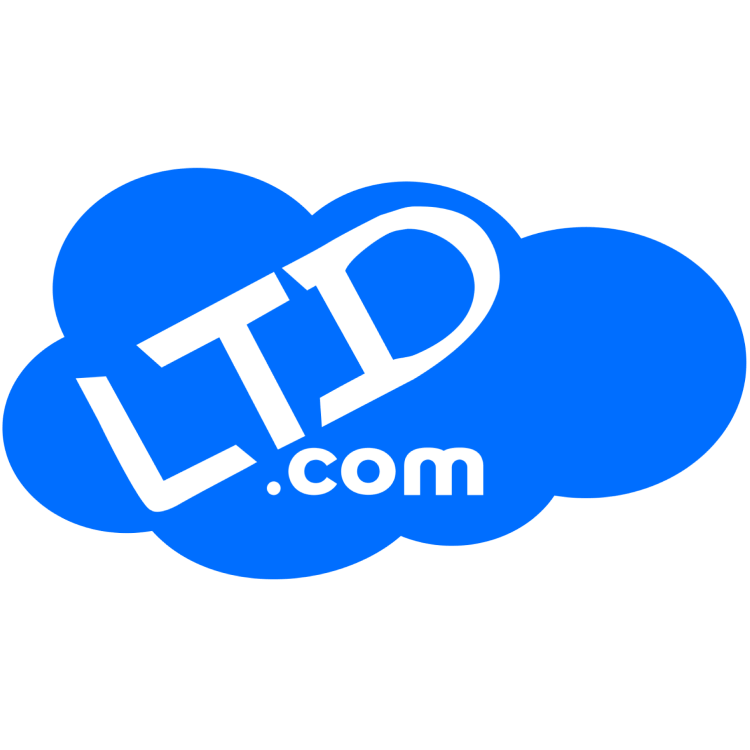

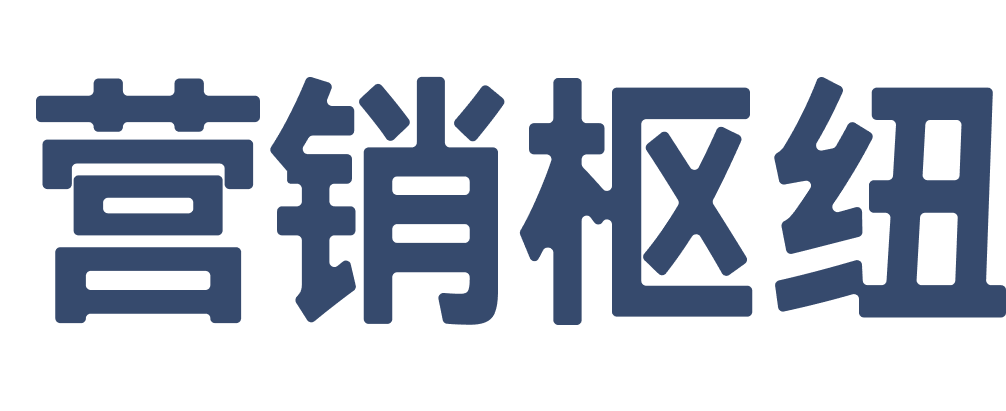


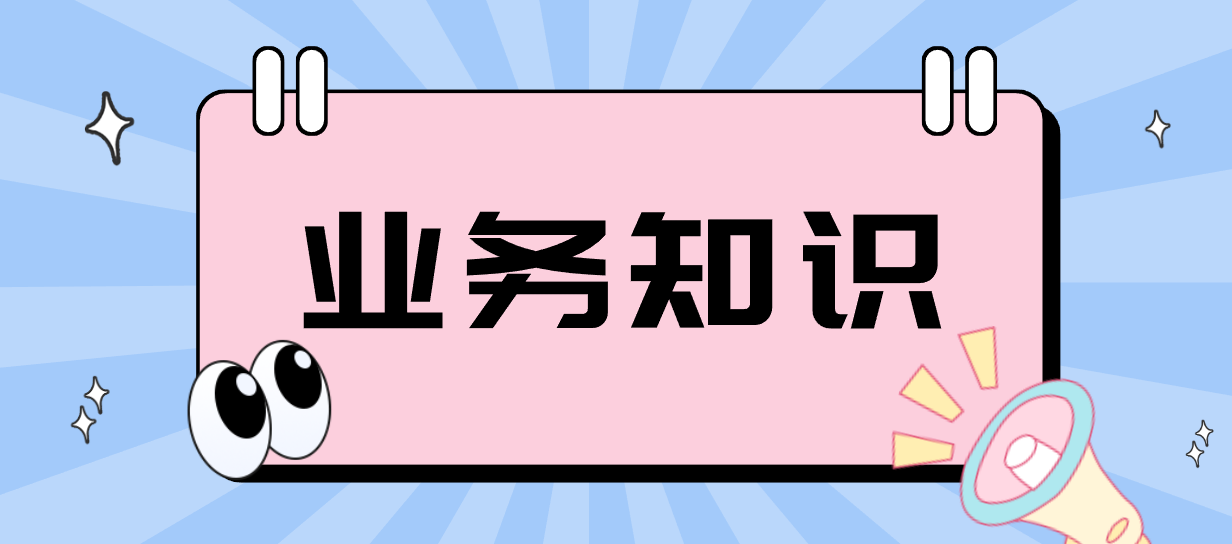
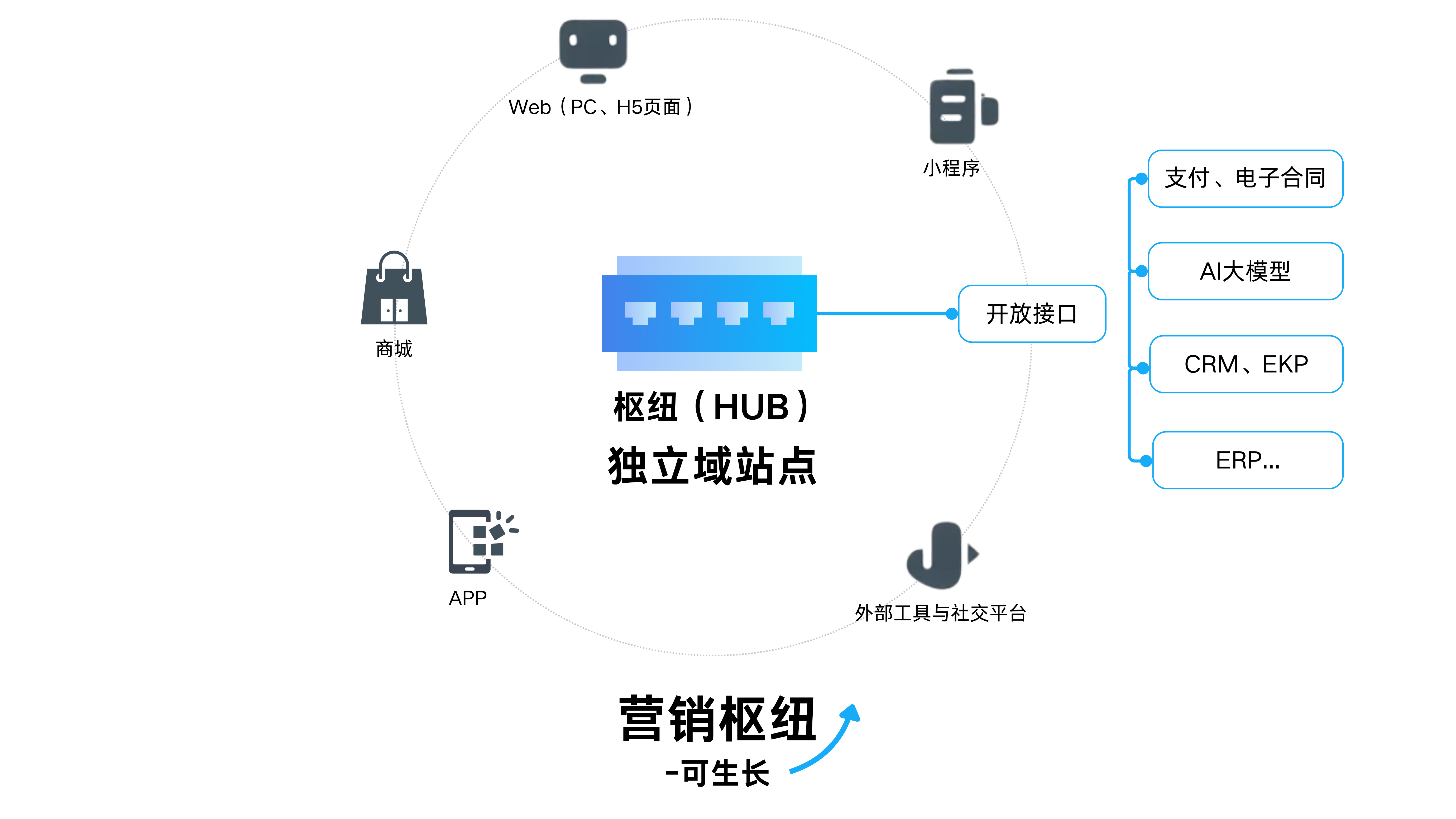
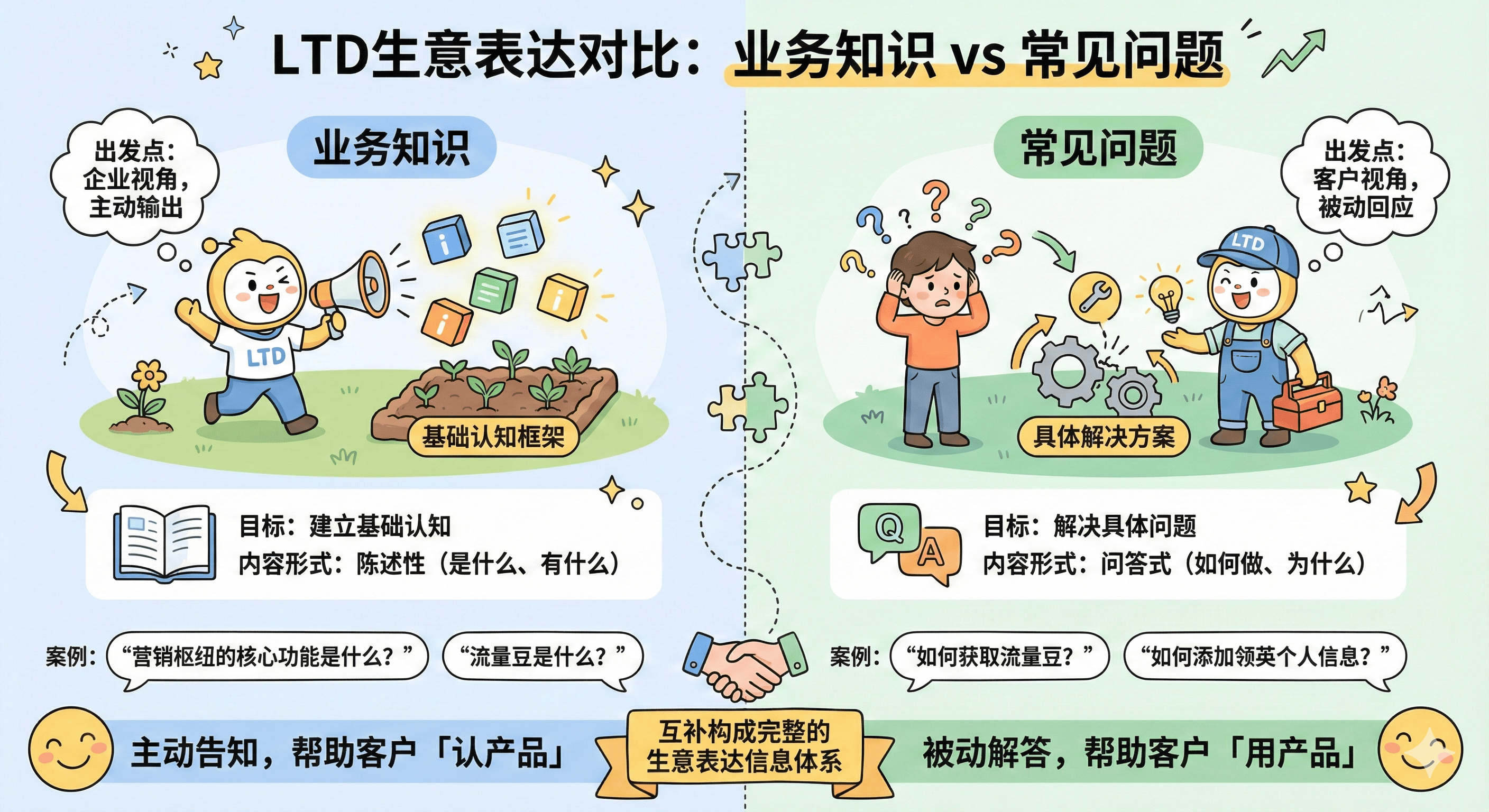

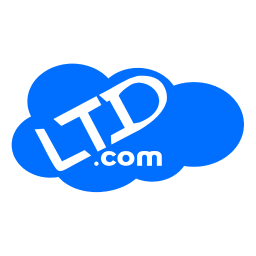

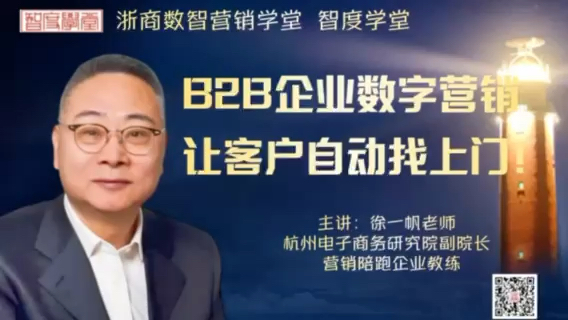


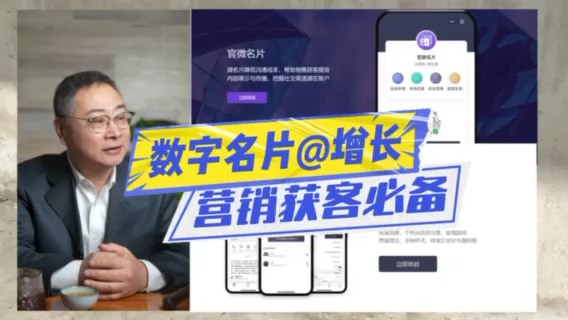





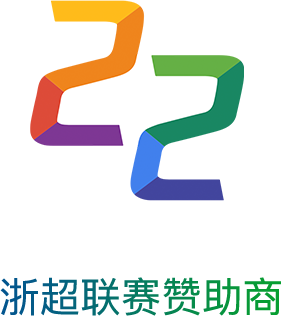


请先 登录后发表评论 ~